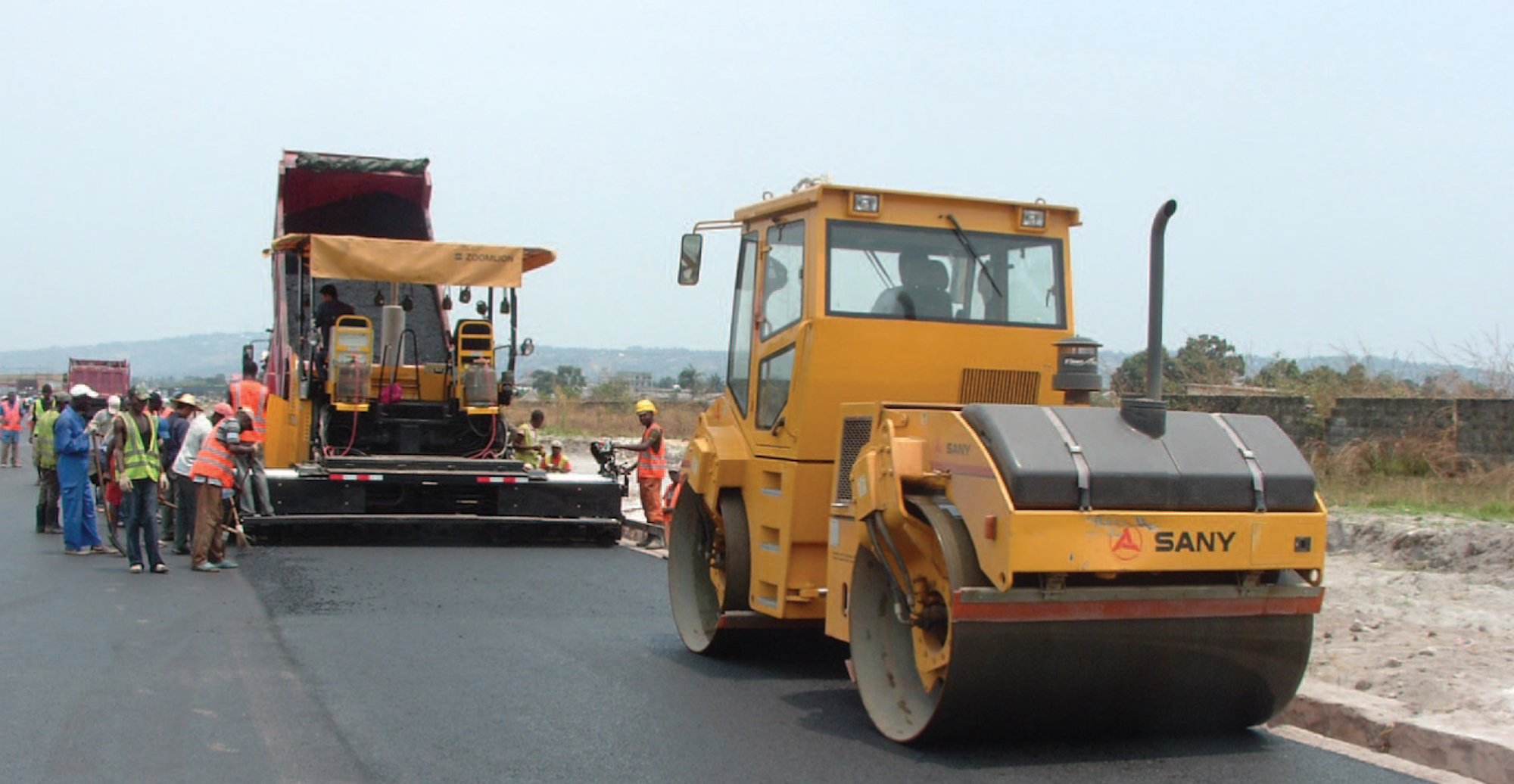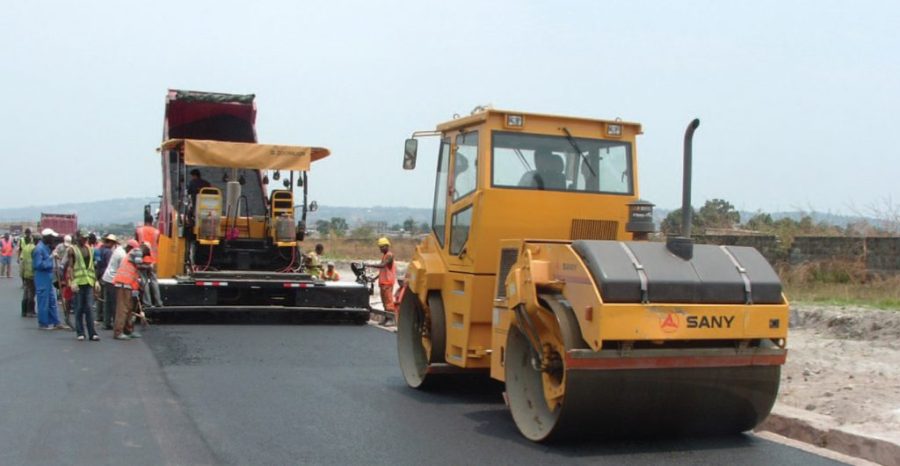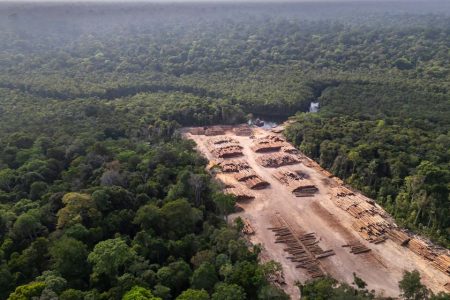The Mozambican government plans to pave or repair about 5,000 kilometres of road in the centre and north of the country by 2024, using funds from the European Union and the World Bank, according to a Maputo daily Notícias.
The EU is disbursing over 124 million euros (US$126.5 million) for this programme, while the World Bank has made US$110 million available.
The funds will cover both the roads and the associated bridges and drainage systems.
No date has been set for starting the repairs, since consultants are still being hired.
The roads covered by this programme mostly link agricultural production zones to urban consumption areas. The roads mentioned in the Notícias report are in Nampula, Niassa and Zambezia provinces.
At a recent meeting of the Coordinating Council of the Ministry of Public Works, it was announced that the roads and bridges sector needs more than US$113 million in extra funding, if it is to meet the targets laid down in the government’s five-year programme for 2020-2024.
Major public works suffered enormously from the suspension of donor aid following the discovery, in April 2016, of the scale of Mozambique’s “hidden debts”.
When it became public knowledge that three fraudulent, security-linked companies had, in 2013 and 2014, obtained over US$2 billion from Credit Suisse and VTB of Russia on the basis of illicit loan guarantees signed by the then Finance Minister, Manuel Chang, the International Monetary Fund suspended its programme with Mozambique. Chang is currently in prison in South Africa, awaiting extradition to the United States on fraud charges.
The 14 donors who provided some of their assistance to Mozambique in the form of direct budget support, suspended all further disbursements. This caused a near-immediate financial crisis, since the suspended budget support was at least US$400 million a year.
The funds for major public works investment were no longer available, and so road repairs and rehabilitation could not occur on the scale the government had expected.






